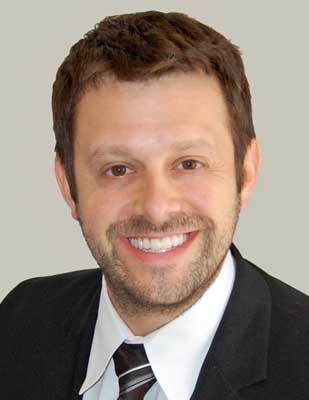 Matthew Lee Smith, PhD, MPH, CHES
Matthew Lee Smith, PhD, MPH, CHES
Recognizing health status is influenced by a vast and interconnected set of determinants, Dr. Matthew Lee Smith has devoted his career to create synergistic partnerships and initiatives to encourage positive lifestyles and reduce rates of preventable morbidity and mortality. Dr. Smith has established expertise in survey research methodology, measurement, and evaluation pertaining to an array of public health issues. His research and evaluation efforts investigate socio-ecological impacts on health risk behaviors across the life-course, with a specific emphasis on evidence-based programs and practices for older adults (e.g., fall prevention, chronic disease self-management). Dr. Smith’s ability to form interdisciplinary collaborations affords him opportunities to apply his translational research and evaluation experience to bridge research and practice issues among the healthcare sector, aging services network, and public health system.
Dr. Smith’s passion to develop, implement, and evaluate evidence-based programs and policies enables him to improve health status through behavioral modification to promote long-term maintenance of healthy behaviors across the life-course.
Dr. Smith has earned a national reputation as a falls expert and evaluator of evidence-based programs. His involvement in local, state, and national evaluation initiatives have been integral to foster understanding about the reach, adoption, implementation, effectiveness, and maintenance of different evidence-based programs targeting key populations in a variety of community, school, workplace, and healthcare sectors. Dr. Smith’s evaluation efforts have been funded by organizations including the National Institutes of Health (NIH), Administration on Aging (AoA), and Centers for Disease Control and Prevention (CDC), and Centers for Medicare and Medicaid Services (CMS).
Dr. Smith has over 120 peer-reviewed publications, received over 15 research-based awards, and has delivered over 180 professional conference presentations and 50 invited lectures. He is currently an assistant professor at The University of Georgia College of Public Health and adjunct assistant professor at the Texas A&M Health Science Center School of Public Health. He received his Bachelor’s degree in Public Health Education and Masters of Public Health (MPH) from Indiana University – Bloomington and his PhD in Health Education from Texas A&M University.